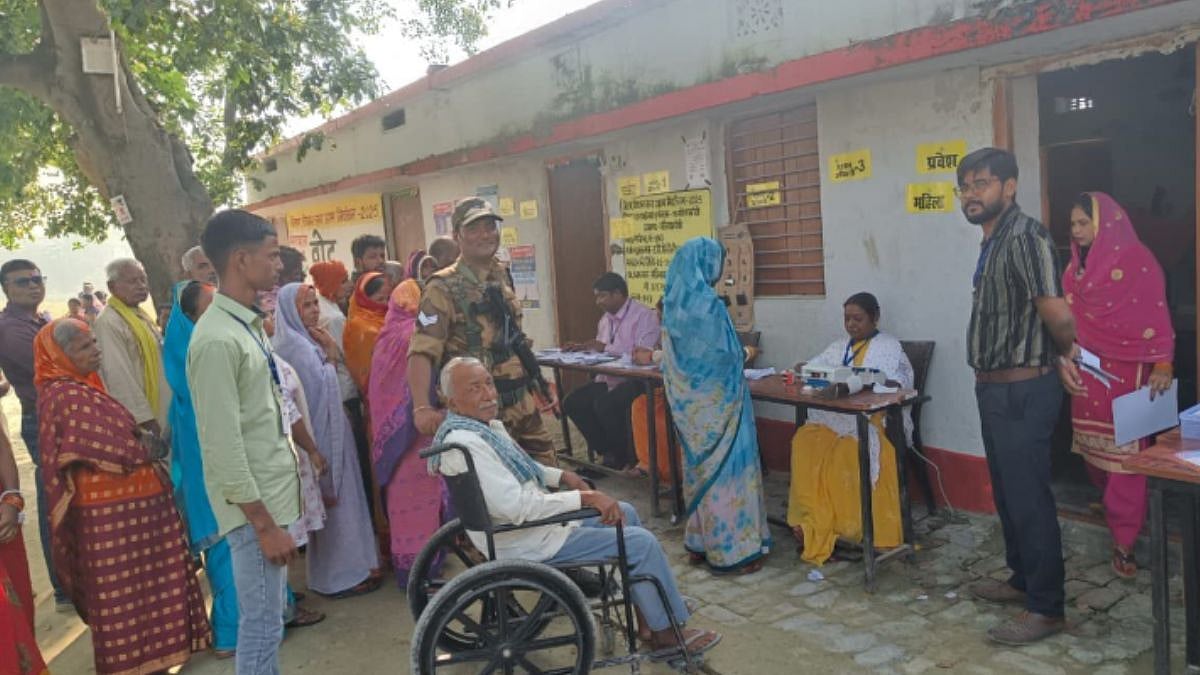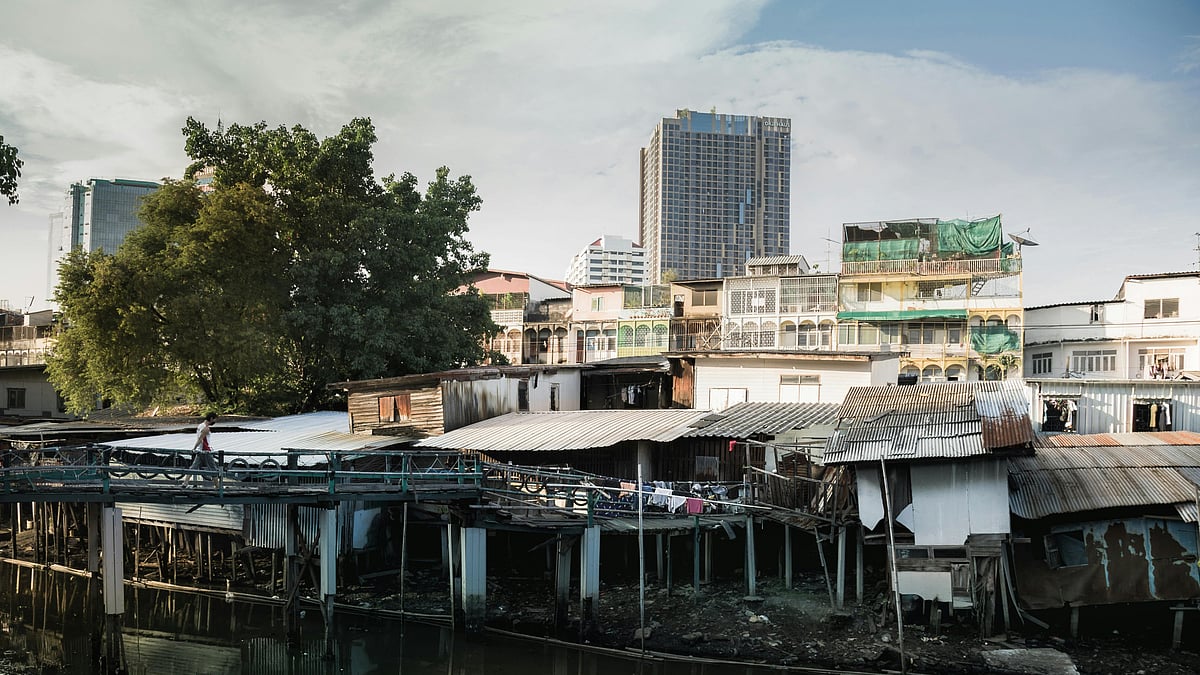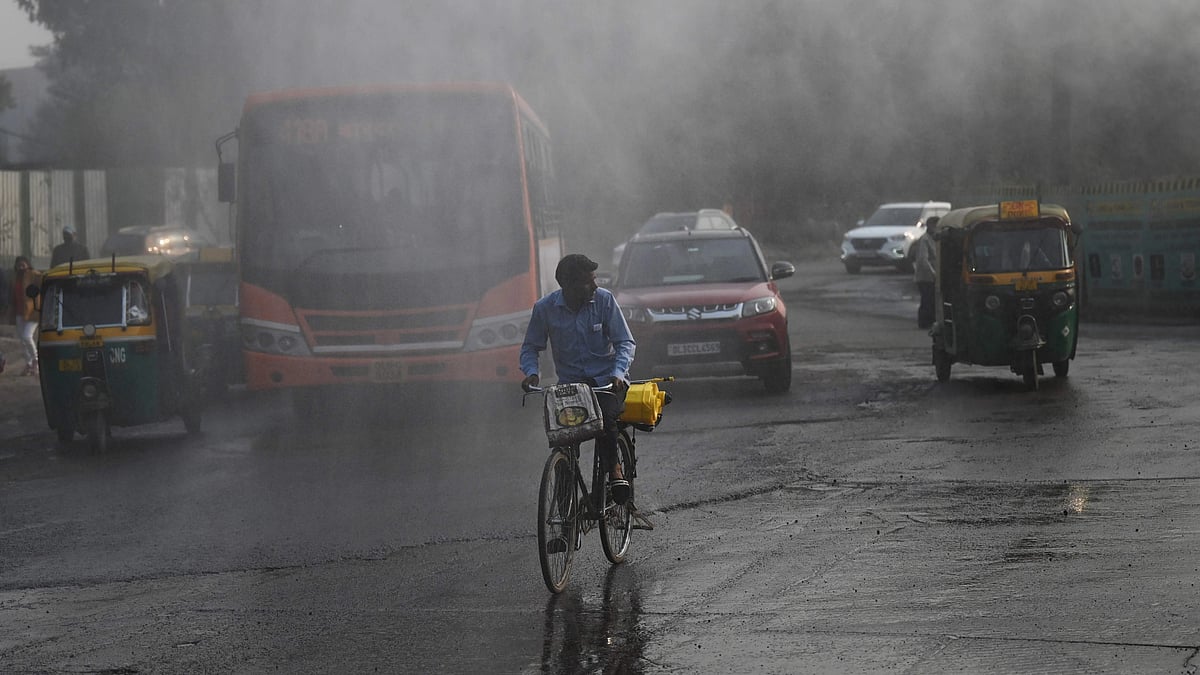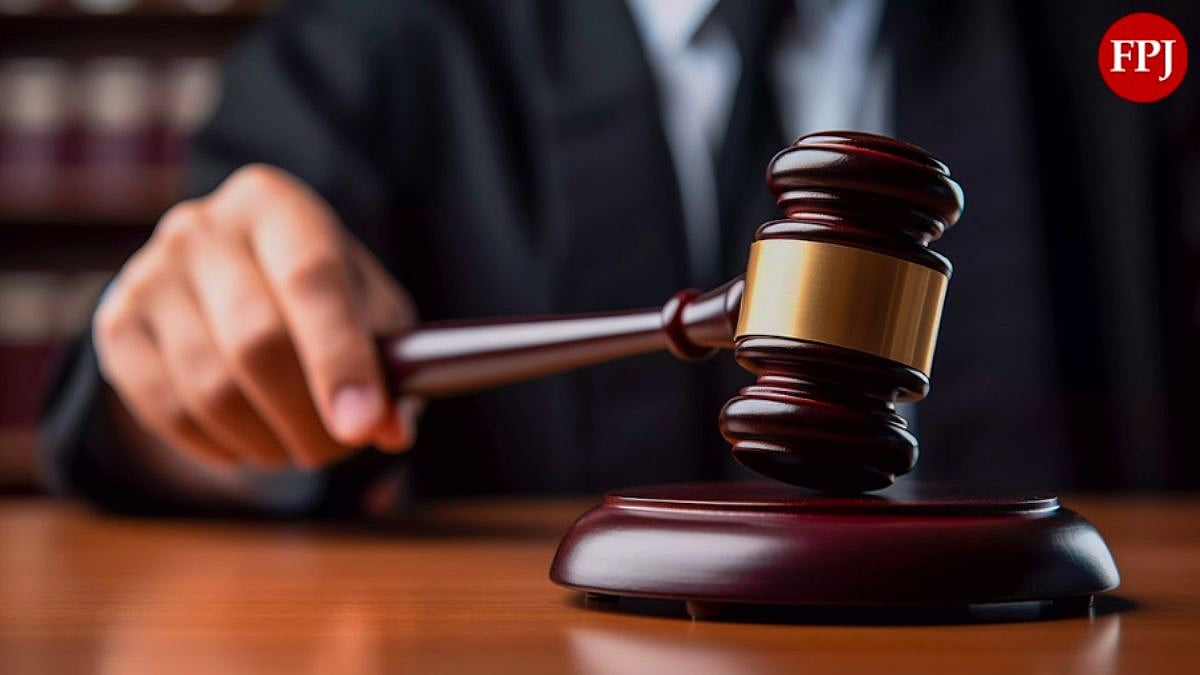The government did not upload the three new Bills on its official website to invite criticism, comments or suggestions for improvement before introducing them in Parliament, flouting a basic tenet of democracy. When Home Minister Amit Shah introduced them in the Lok Sabha despite a walkout during the no-confidence motion and slogan-shouting against the Narendra Modi government, these three laws were passed without sufficient debate.
This has resulted in these three new laws having both merits and demerits which must be rectified before they come into force. It is unlikelythese three new laws will be notified before the 2024 general elections because the Parliamentary Standing Committee will take time to study these laws.
The positive changes which will be ushered in by these new laws have been the substitution of archaic words such as a ‘lunatic person’ or ‘person of unsound mind’ with phrases such as ‘having intellectual disability’ or ‘person with mental illness’ while the word ‘advocate’ has been substituted for the word ‘pleader’ while those presiding over all trial courts throughout the country will now be known as magistrates.
The sexist connotation of ‘male’ has been dropped in the new Bharatiya Nagrik Suraksha Sanhita (BNSS) which will replace the Criminal Procedure Code (CrPC) when summons has to be served, thereby permitting service of summons on any adult irrespective of gender.
Earlier, as per the 2005 Amendment, a ‘Proclaimed Offender’ was a person evading summons for 19 serious offences under the IPC whereas under the BNSS, a person accused of a crime carrying more than 10 years’ jail and absconding to avoid service of summons could be declared a ‘Proclaimed Offender’ against whom a trial can now be conducted in his absence, which he can view online to protect his interests.
Under the provision of bail, a new section 479 has been added to the BNSS right in the beginning to clarify the scope of certain words in the law. This section for the very first time lucidly explains the concepts of ‘Bail’, ‘Bond’ and ‘Bail Bond’ without explaining who could stand as a surety and what are the implications for a person who stands as a surety for another person. The role of a surety should have been explained.
Several Western countries have scrapped the death penalty but India has rightly retained it. The new BNSS has a provision which explains what constitutes a mercy petition after a criminal has been sentenced to death. This is the last stage before the criminal is executed.
In Section 176 of the BNSS corresponding to Section 157 of the CrPC. a new subsection (3) has been added to the BNSS, when the police receive information about commission of a crime punishable for more than seven years, a forensic team has to visit the crime scene to collect samples and video record the entire process, making it easy for judicial scrutiny.
While neither the CrPC nor the IPC had any provisions to protect the right of victims, the BNSS has done so. Similarly, copies of documents such as police report supposed to be supplied under Section 207 of the CrPC or Section 230 of the BNSS shall also be supplied to the victim or their advocates.
A person accused of a crime under the CrPC would be discharged when a complainant was absent but the revised Section 272 of the BNSS corresponding to Section 249 of the CrPC, gives the complainant 30 days’ time to be present before discharging the accused. Similarly, while considering an application for withdrawal from prosecution, the victim must be heard by the court. This has been done adding a proviso to Section 360 of BNSS corresponding to Section 321 of the CrPC.
For the first time, those accused of crimes have been allowed to be heard in complaint cases. By adding a new proviso to Section 223 of the BNSS replacing Section 200 of the CrPC, now the accused must be heard before a magistrate can take cognizance of an offence which will benefit the accused.
Again, for the first time, the police is mandated to inform the complainant about the progress of the investigation within 90 days which can be done electronically as well. For the very first time, all state governments must notify a witness protection scheme but omitted the guidelines which could easily have been borrowed from the Draft Guidelines of the home ministry and the Supreme Court’s verdicts.
Recording of evidence and examinations of parties, issuance, service and execution of summons and warrants, and several other processes can now be done through the internet or even WhatsApp while statements during investigation can be recorded electronically or over the phone. Even FIRs can be registered over the internet. Rape victims have to be medically examined within seven days as against the old provision which vaguely stated ‘without delay.’
One copy of the police report and other documents must now be supplied to the accused within 14 days of the accused appearing in court. Earlier there was no time limit for the same as the then section 207 of the CrPC simply mentioned ‘without delay’ resulting in some judges retiring before pronouncing their judgments.
But some changes made in the BNSS have been detrimental. A magistrate may ask any person without a history of arrest to give specimens/samples such as fingerprint, voice sample or handwriting samples.
The general principle requiring state sanction to prosecute public servants has been diluted by several exceptions to this provision thereby benefiting corrupt or negligent public servants. The new law has allowed criminals who commit offences attracting punishment between three years and seven years jail to escape prosecution if the police feel there is no prima facie case after a preliminary inquiry which allows a corrupt or negligent police officer to refuse registration of an FIR.
The provision allowing a complainant to file a protest petition in the court if the police refuse to investigate a crime by closing it despite evidence has been deleted. This will allow the police to shield criminals under political pressure. This deletion will seriously impact investigation of crime by giving the police unlimited powers.
Olav Albuquerque holds a PhD in law and is a senior journalist and advocate at the Bombay High Court












